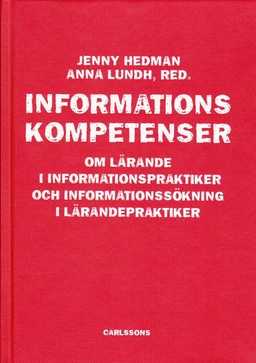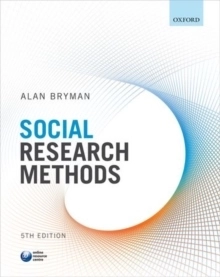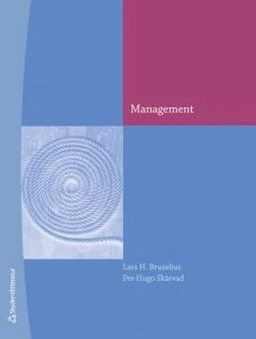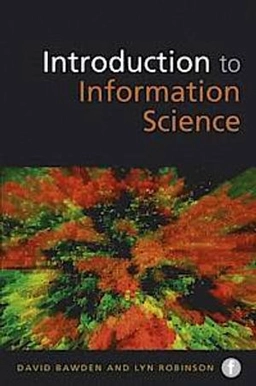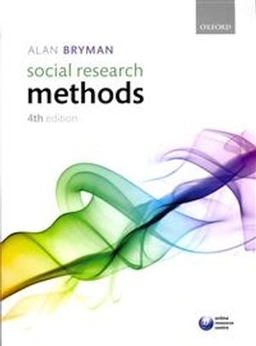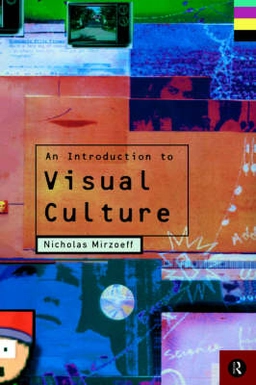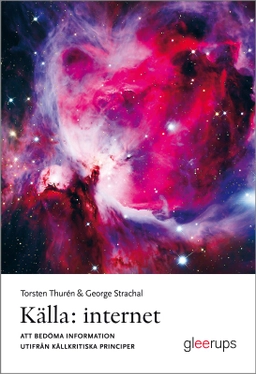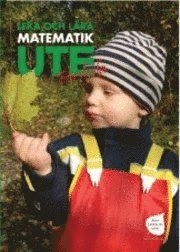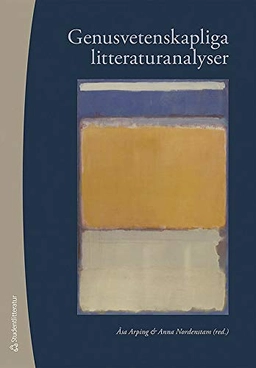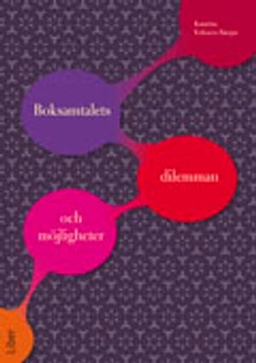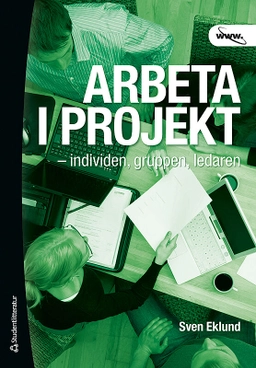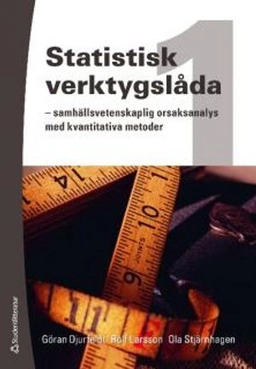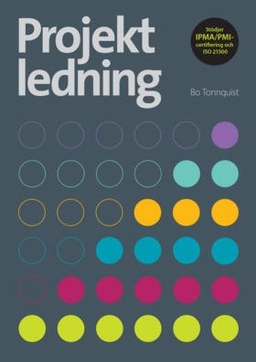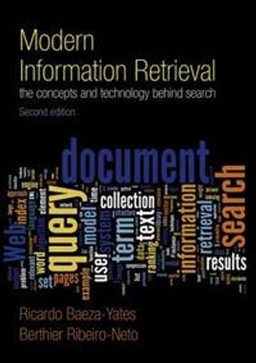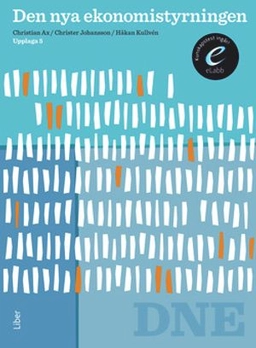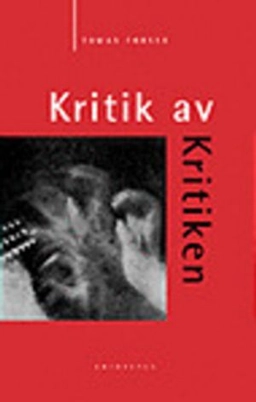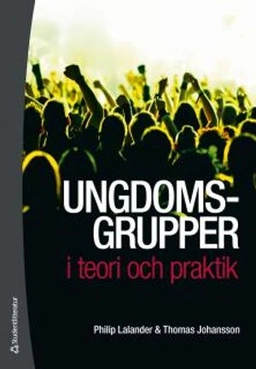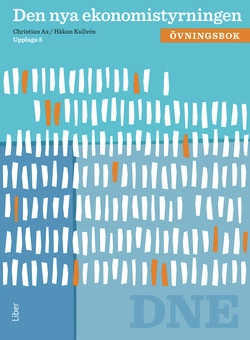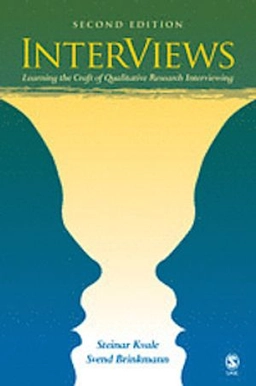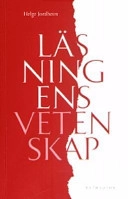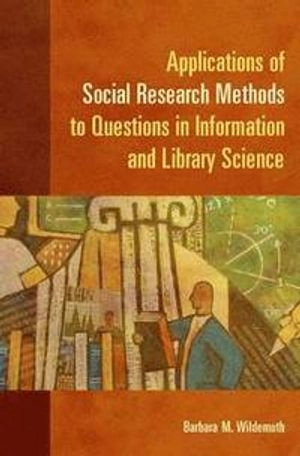

Applications of social research methods to questions in information and library scienceUpplaga 1
- Upplaga: 1a upplagan
- Utgiven: 2009
- ISBN: 9781591585039
- Sidor: 421 st
- Förlag: Westport, Conn. Libraries Unlimited
- Format: Häftad
- Språk: Engelska
Om boken
Åtkomstkoder och digitalt tilläggsmaterial garanteras inte med begagnade böcker
Mer om Applications of social research methods to questions in information and library science (2009)
2009 släpptes boken Applications of social research methods to questions in information and library science skriven av Barbara M. Wildemuth. Det är den 1a upplagan av kursboken. Den är skriven på engelska och består av 421 sidor. Förlaget bakom boken är Westport, Conn. Libraries Unlimited.
Köp boken Applications of social research methods to questions in information and library science på Studentapan och spara pengar.
Referera till Applications of social research methods to questions in information and library science (Upplaga 1)
Harvard
Oxford
APA
Vancouver
